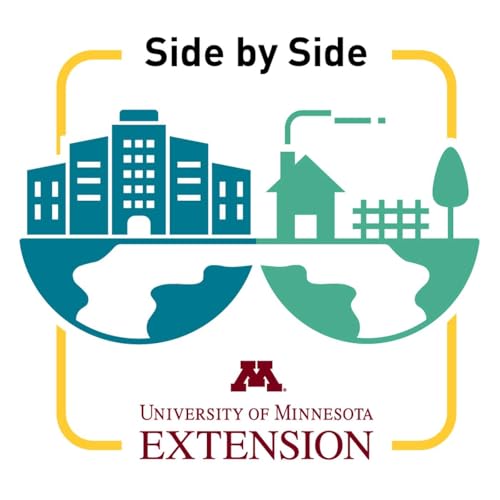“Bridging is a practice where members of different social groups are not only brought into contact, but build social connections and rapport.”-john powell
“It's not perfect. It's not hypothetical. It's not something you can do all the time. But I think in terms of the kind of world that we are trying to bring into existence, bridging, until we fully realize that we are connected, bridging is necessary.” –john powell
“Bridges are made to be walked on.” -bell hooks
In this episode, Ellen talks with Jen Ford Reedy, president of the Bush Foundation, about john powell's book, The Power of Bridging. They explore the concepts shared in the book and how they apply to working across rural, urban, and suburban communities.
The Bush Foundation is offering free copies of john's book to anyone in their grantmaking region—Minnesota, North Dakota, South Dakota and the 23 Native nations that share the same geography. Request your copy here.
Episode Highlights:
03:03 Bush Foundation's Book Club and Its Impact
14:44 Rural and Urban Dynamics
20:08 Bush Foundation's Approach to Bridging
30:29 Challenges and Skills in Bridging
37:46 Optimism and Cultural Change
43:02 The Necessity of Bridging for Change
More Information:
https://www.bushfoundation.org/people/jen-ford-reedy/
https://belonging.berkeley.edu/
https://obiu.org/course/bridging-bookclub
https://communityactionpartnership.com/wp-content/uploads/2024/02/john-powell.pdf
https://belonging.berkeley.edu/practice-bridging
https://standtogether.org/
Questions, comments, want to get in touch? Email us at sidebyside@umn.edu. We share your feedback with funders and stakeholders about the value of this podcast and how you engage with the insights and information.
Sign up for our newsletter here.
 2 分
2 分 41 分
41 分 46 分
46 分 58 分
58 分 37 分
37 分 43 分
43 分 55 分
55 分 38 分
38 分
